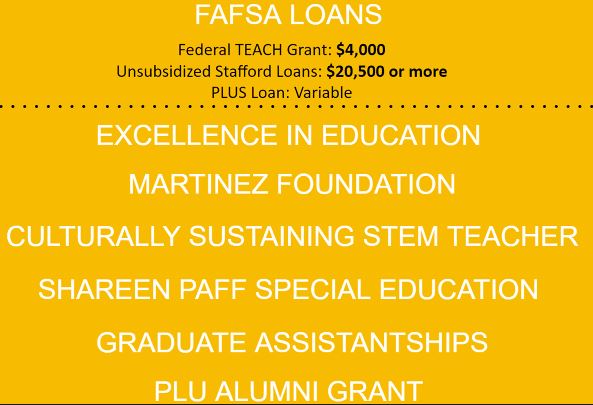Teacher Shortage Conditional Scholarship - Application Is Now Closed
How to Apply – Teacher Shortage Conditional Scholarship
- The next application cycle opens April of 2022. Recipients of that cycle will receive their awards over the course of the following academic year (i.e., academic year 2022-2023).
- Complete and submit the following required materials:
Service Obligation – Teacher Shortage Conditional Scholarship
To avoid repaying the conditional scholarship, participants must fulfill these service obligation requirements:
- Teach in a Washington State K-12 public common school after earning the add-on endorsement.
- The participant’s scholarship amount will be forgiven when they do either of the following:
- Serve as a certificated employee in an approved education program for two full-time school years for each year of conditional scholarship received.
- Serve as a certificated employee in a shortage area in an approved education program for one full-time school year for each year of conditional scholarship received.
- Participants who do not fulfill their teaching obligation will have to repay the award, with interest and other fees. (Details will be in the participant's promissory note.)

































